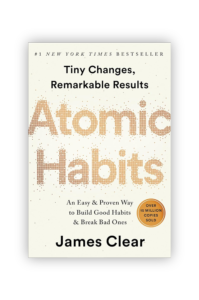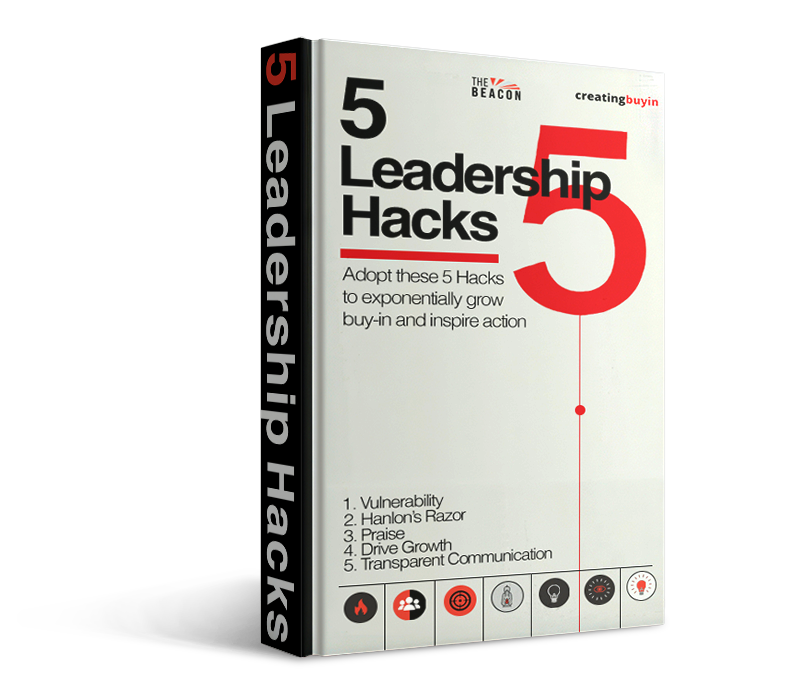Rendering Yourself Useless

Level 1: Employees hate you
Level 2: Employees fear you
Level 3: Employees praise you
Level 4: You’re invisible because your organization takes care of itself
I remember hearing a quote a long time ago that “a good manager renders themselves useless”. At first I was perplexed. Does this mean I’m to aim at being little to no use? Someone who isn’t there but somehow the job got done? Seems kind of invisible if you ask me. Really, that is the place to be. Above, you can see the four levels of Taoist Leadership popularized by former Aetna CEO Mark Bertolini, based on a verse from the Tao Te Ching, a foundational Taoist text attributed to Lao Tzu.
This serves up an important thought experiment. If you were to leave today, how would things run? Would the place rejoice? Level 1. Would there be a sense of relief, like a pressure valve had just been released? Level 2. Would there be mourning where people are upset as a result of your departure? Level 3. Or would nothing happen and things would operate smoothly as a result of the systems you put in place? Level 4.
I think what we’re usually after is Level 3, but ultimately, who does that serve in the long run? If you’re gone at level 3, things fall apart and people are lost but for some reason we feel personally vindicated as if it’s proof that “yeah this place would implode without me”. Shouldn’t that highlight for us that things need to be more systematized?. What we don’t realize is how important it is to be at the 4th level.
Levels 2 and 3
Taking into account Sonny’s lot in life and since we’re not in the crime world, I would say fear isn’t the correct route for us, but the video does describe a world where Level 2 works which is fascinating. That, the world of being a drill sergeant and probably a few more.
Ultimately we know what needs to happen at Level 3 because we’ve gone into detail here before.
What would need to be true to be at level 4?
“You do not rise to the level of your goals. You fall to the level of your systems.” – James Clear
Even famed personal finance author Robert Kiyosaki, whose claim to fame is the book “Rich Dad Poor Dad”, says that when looking at investing in businesses, yes, you are obviously going to want to be involved in a business you understand and are passionate about; BUT, the real investment is in the underlying system. In the movie “Founder” Ray Kroc, former CEO of McDonalds, noticed this very thing when being the first major investor in the McDonalds system.
Conclusion
With all of this in mind, what level is your current leadership graded at? What underlying system is the team you lead being driven by? If an investor were to come by and decide whether your business was worth investing in because of the effectiveness of your system, would they?



